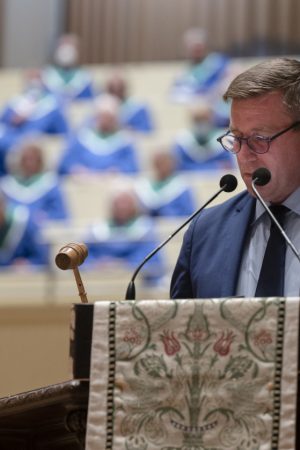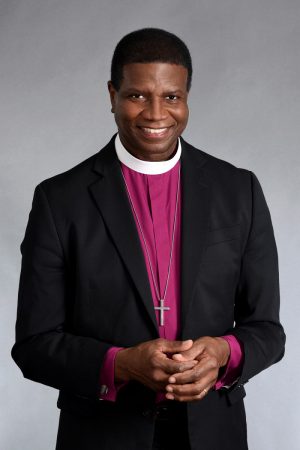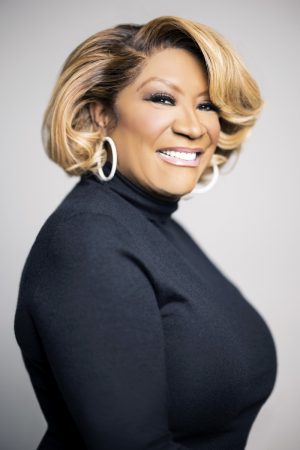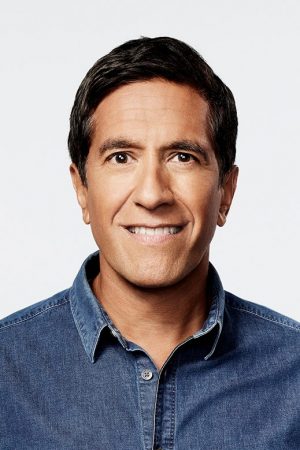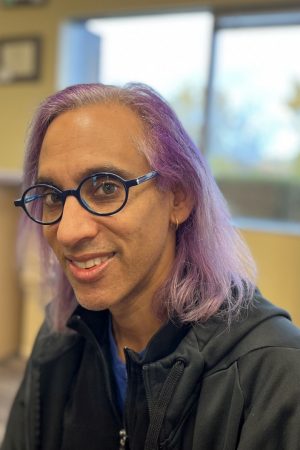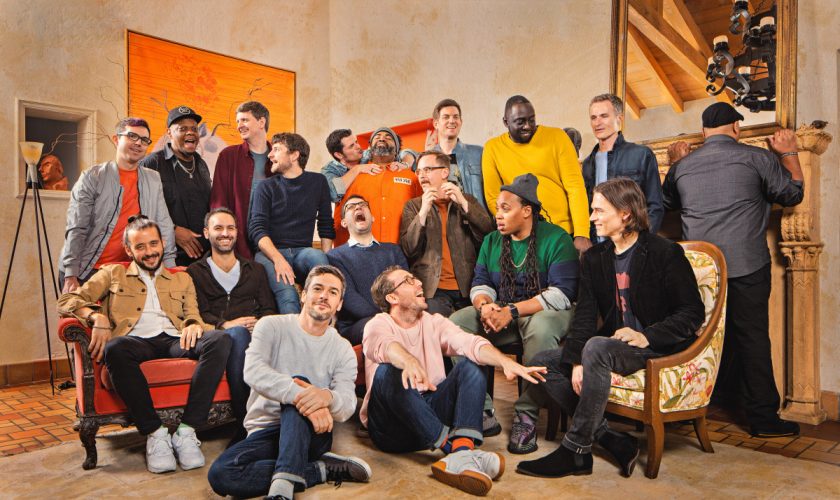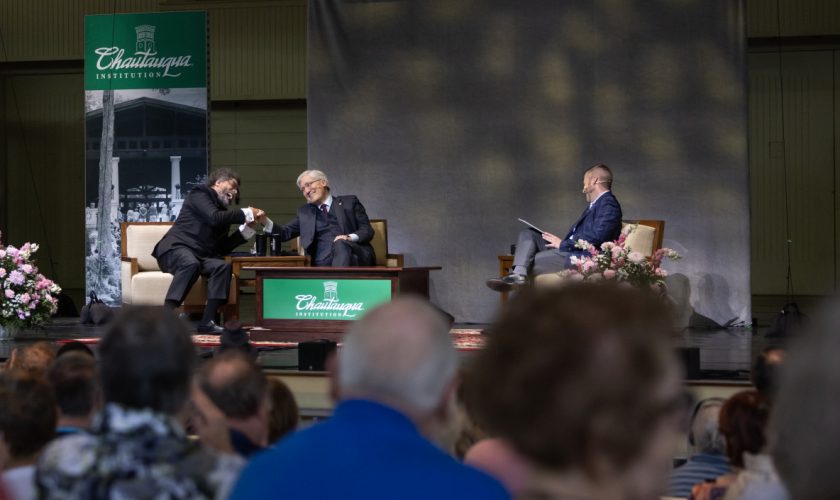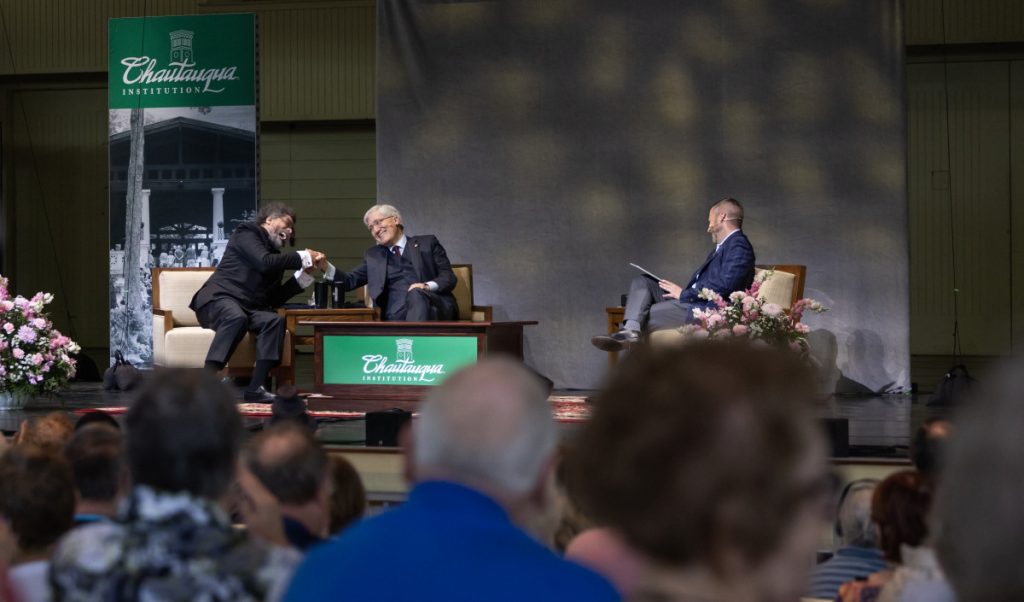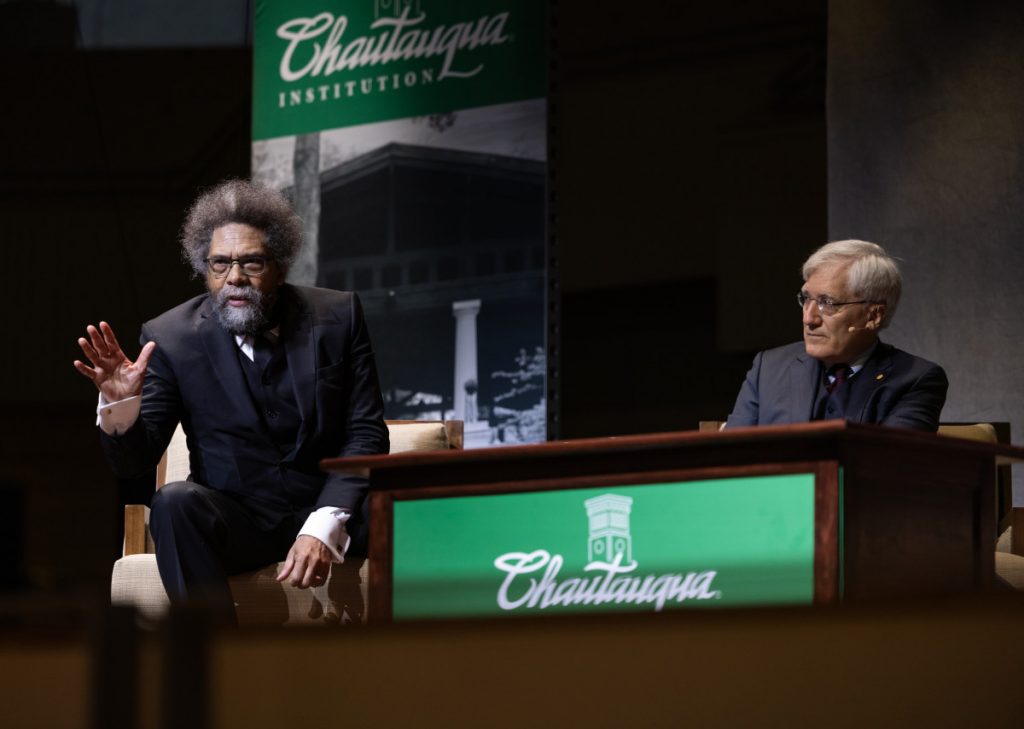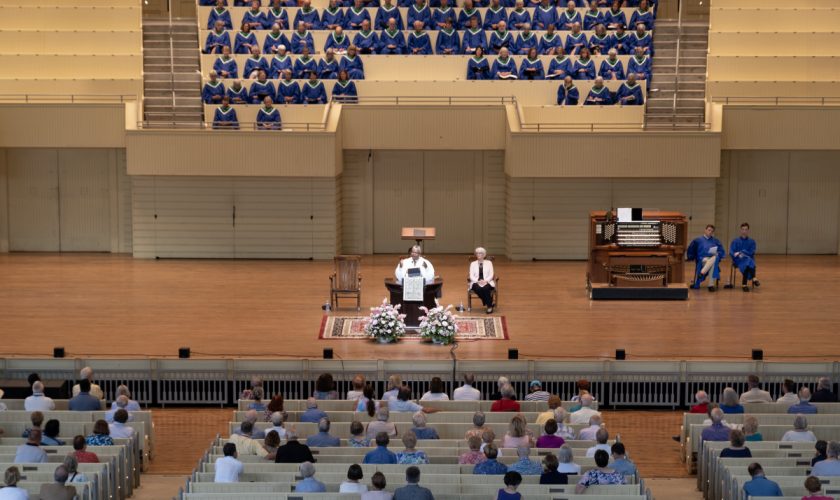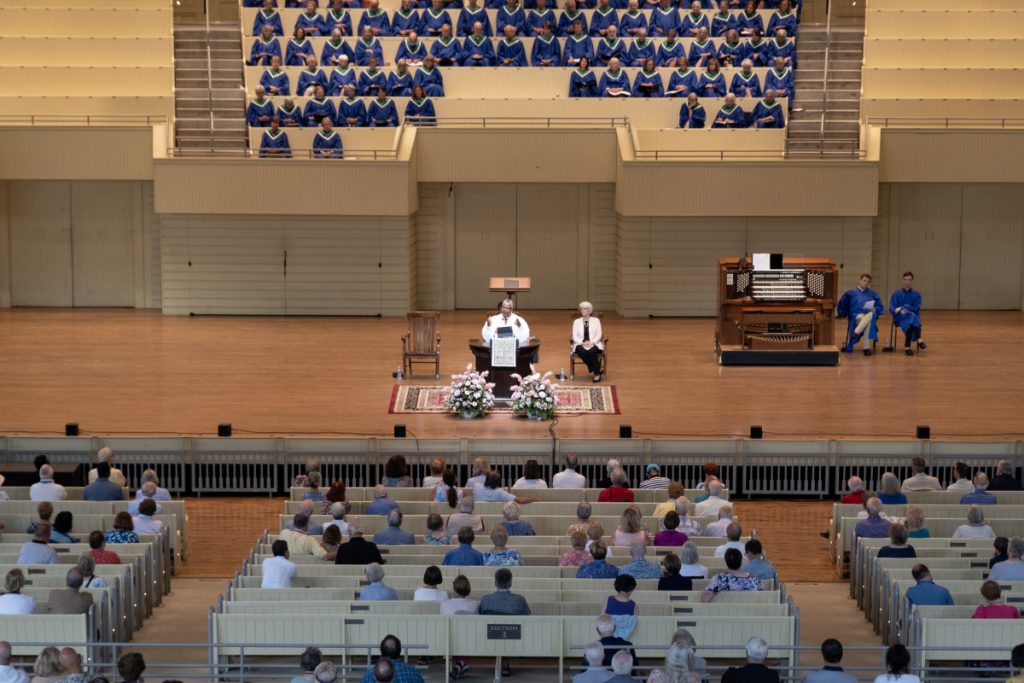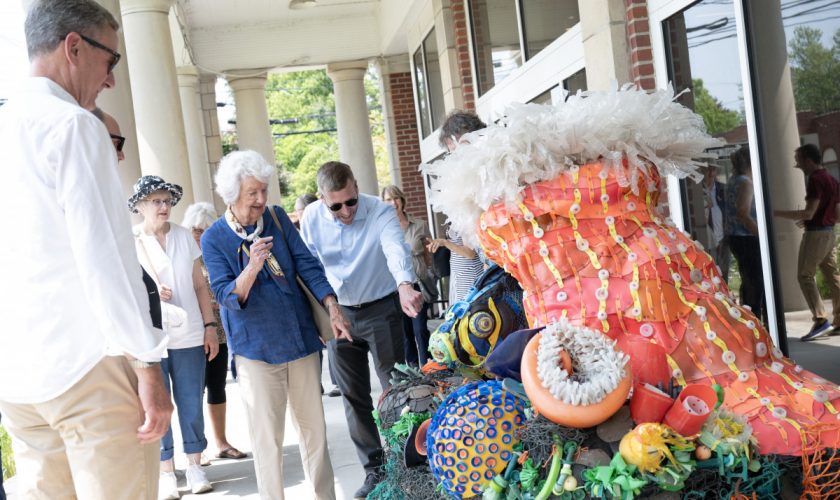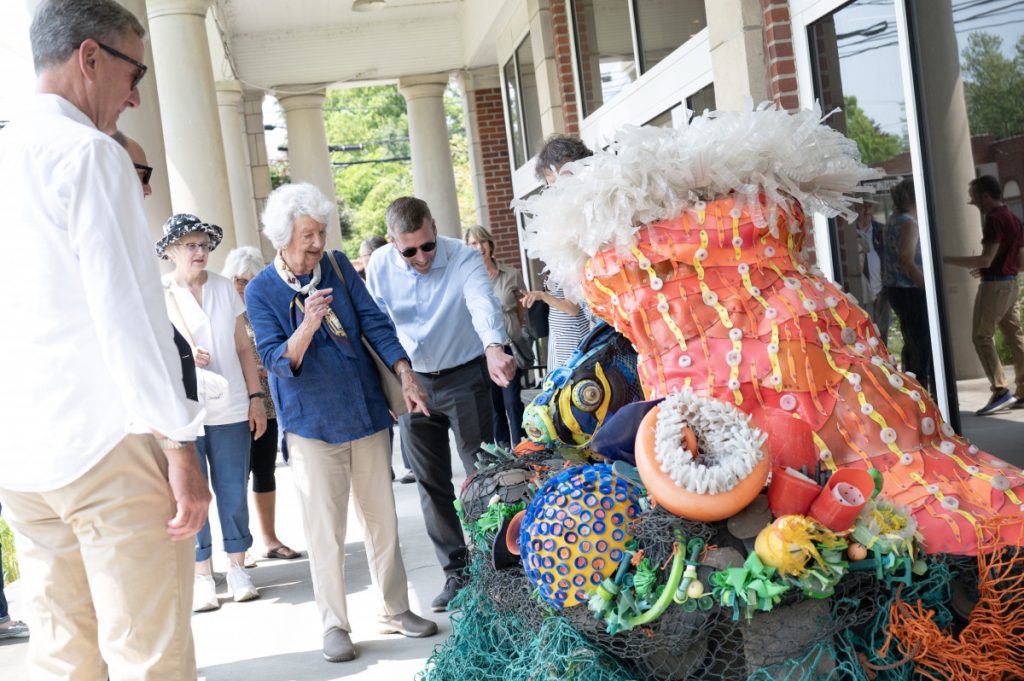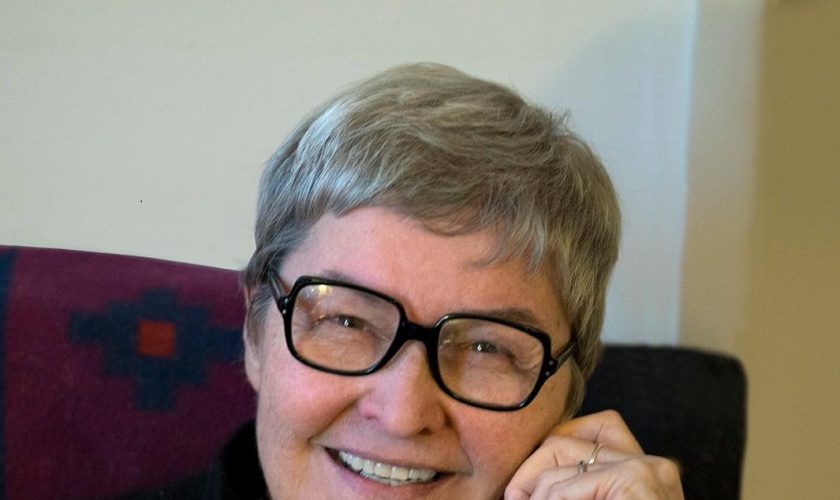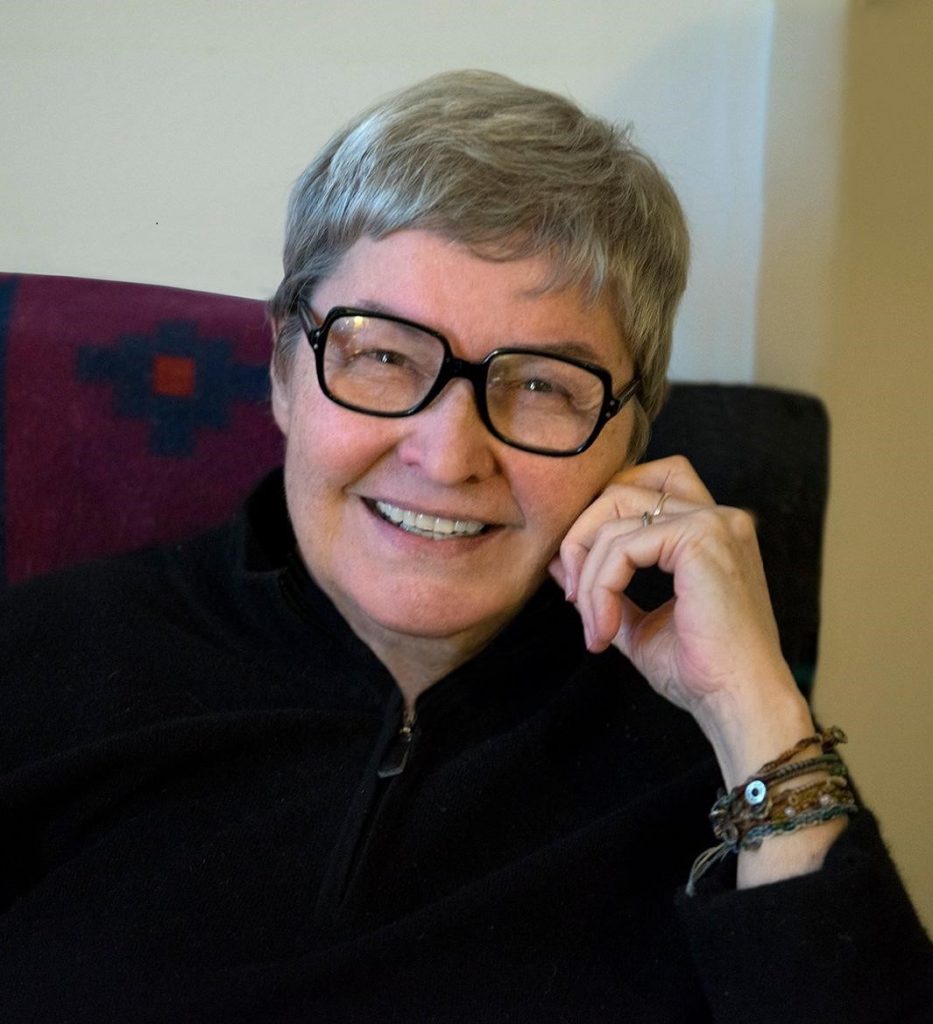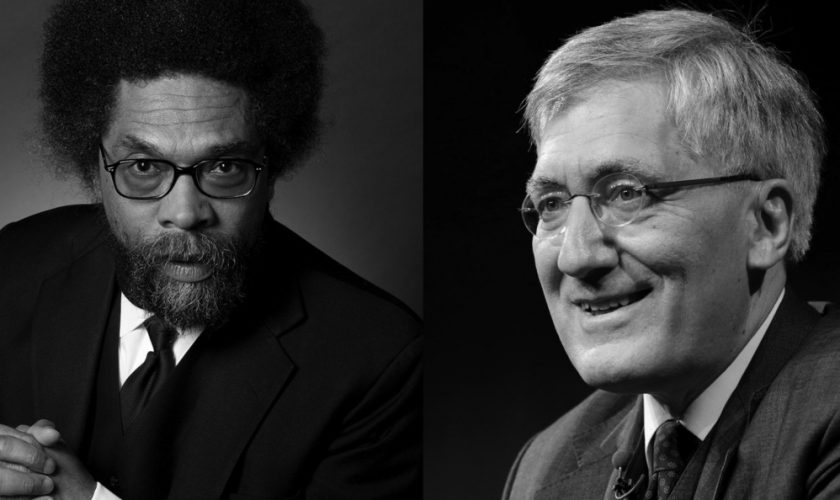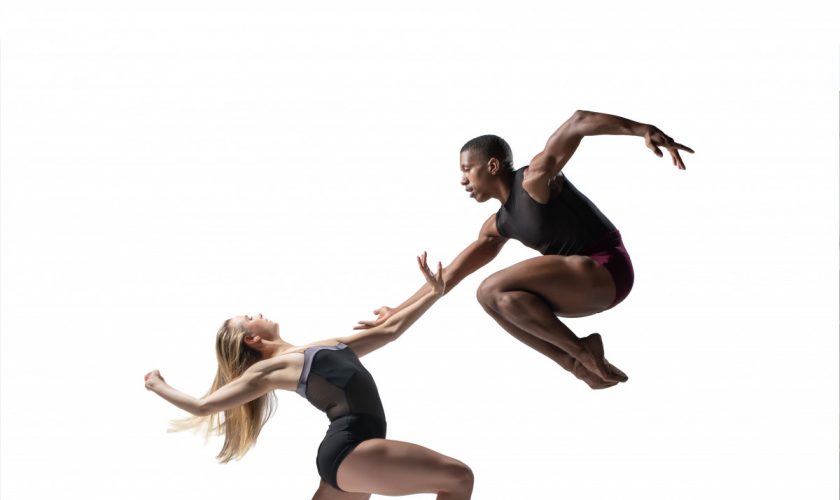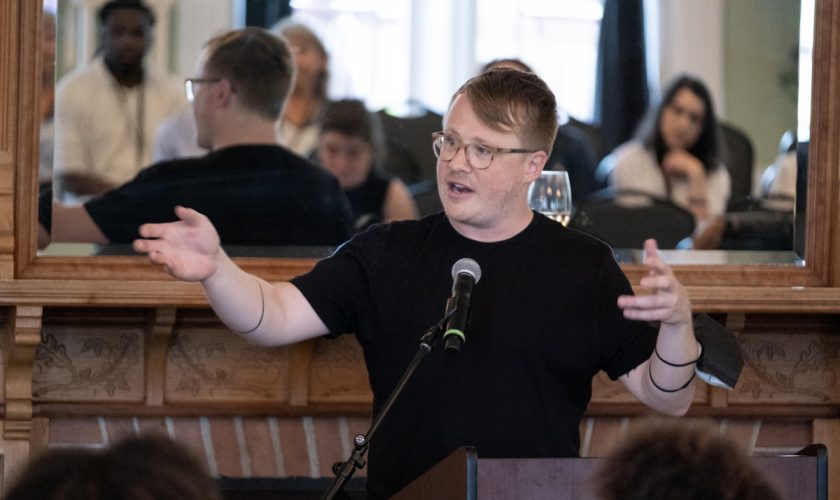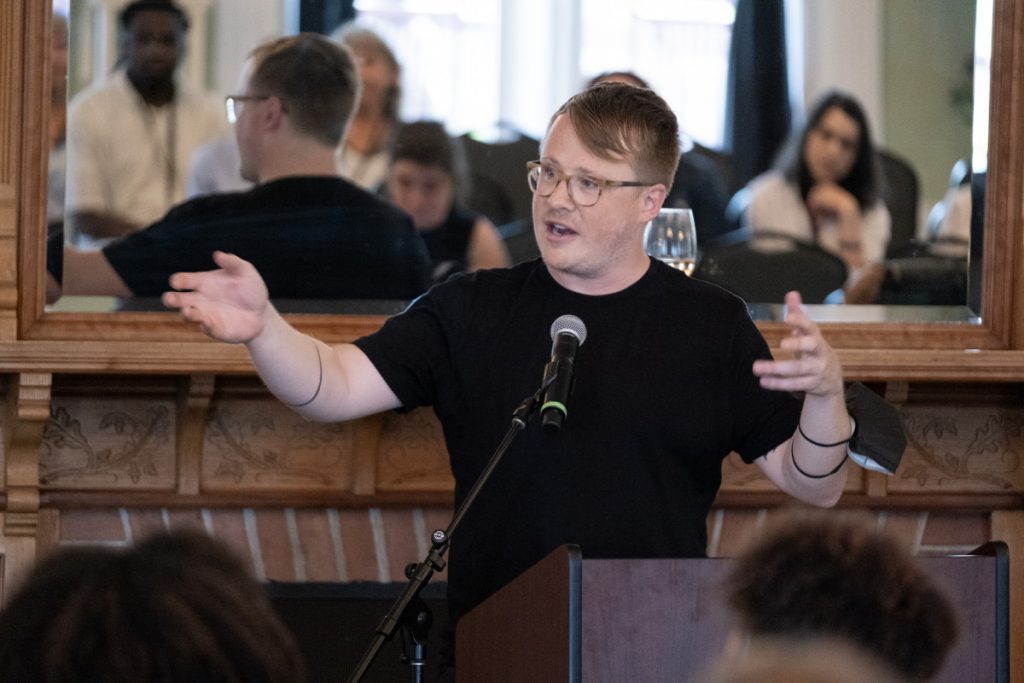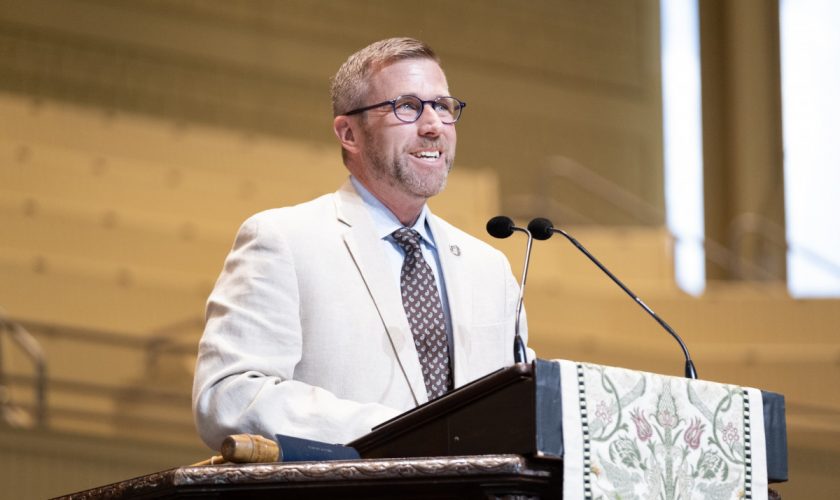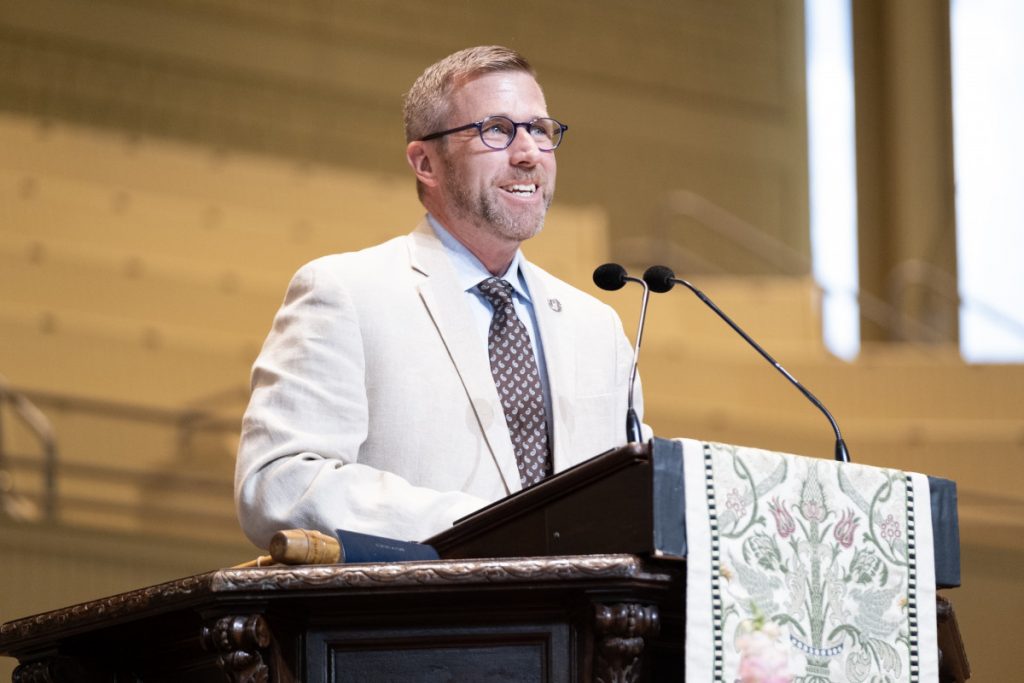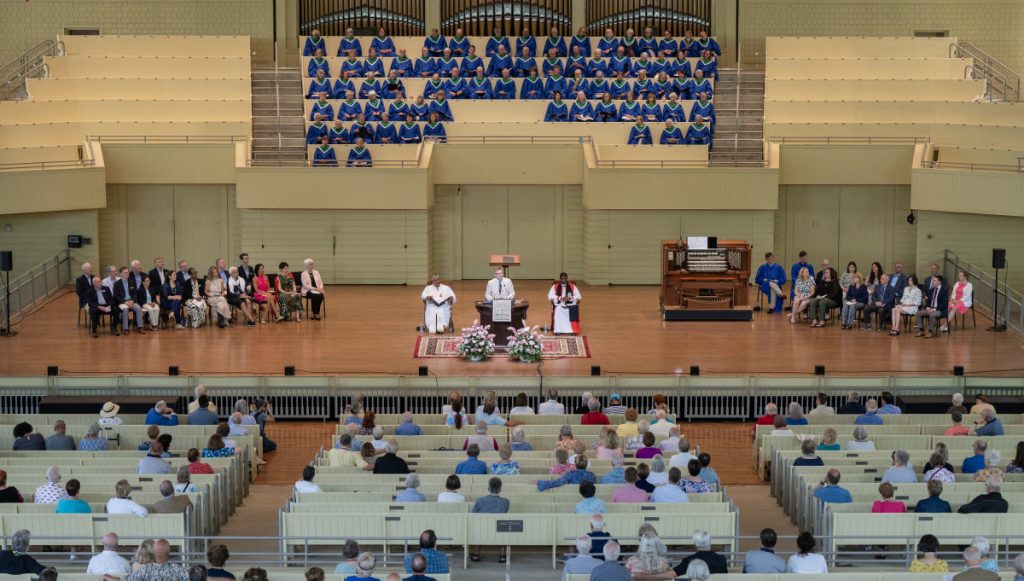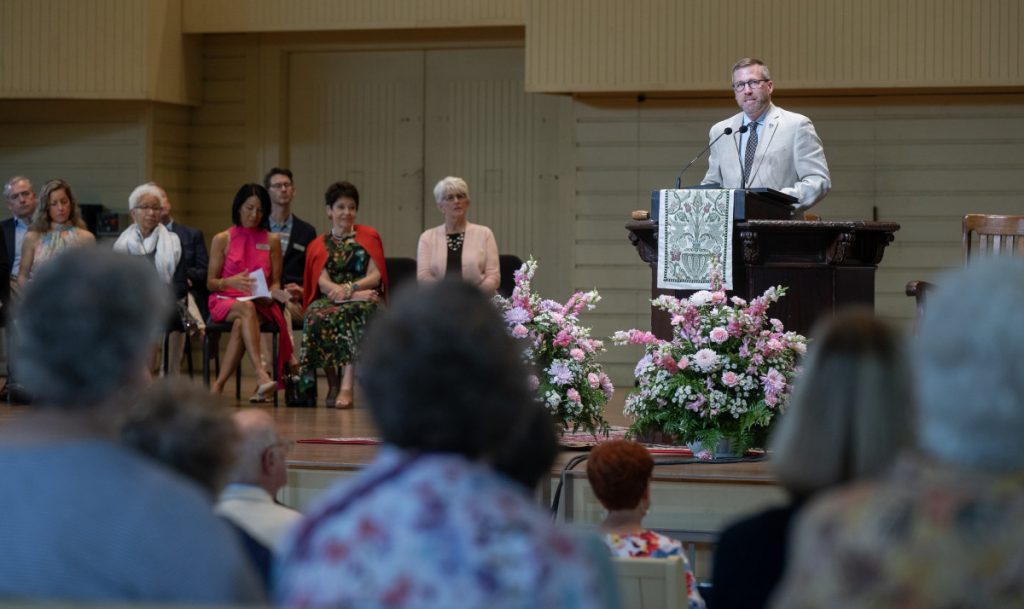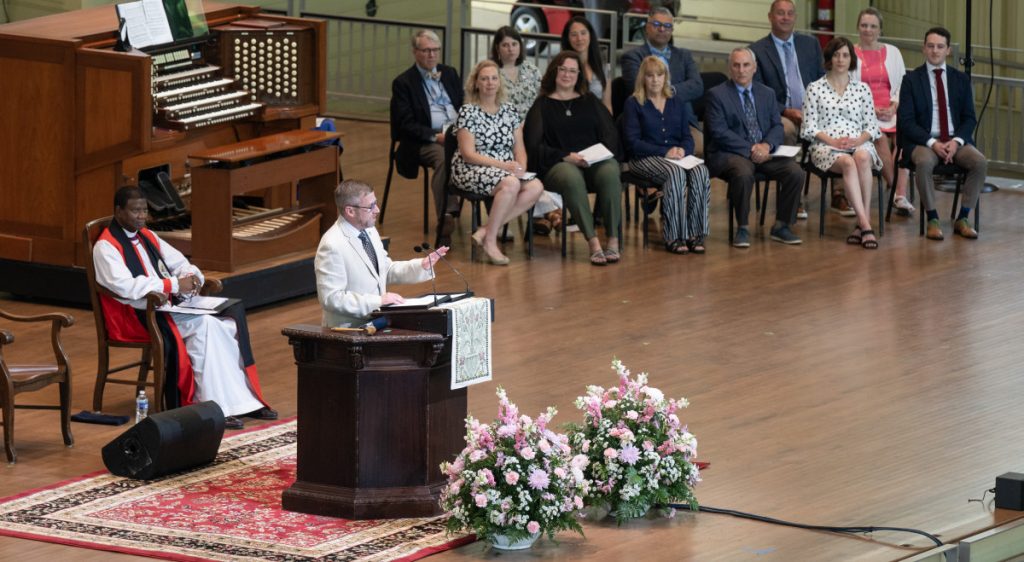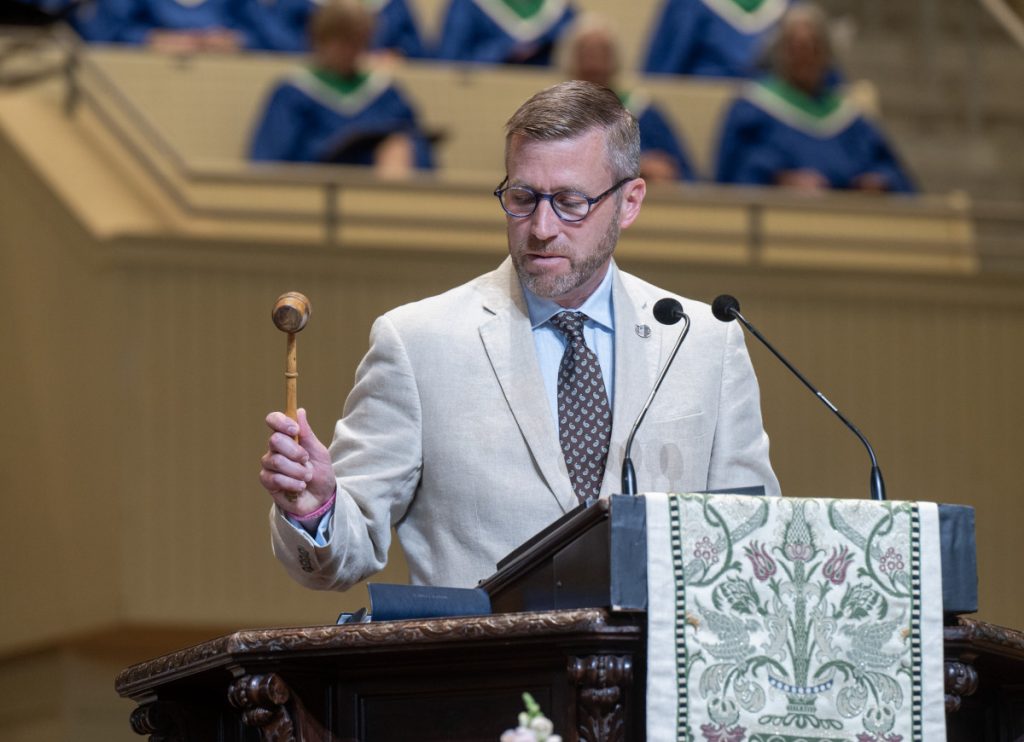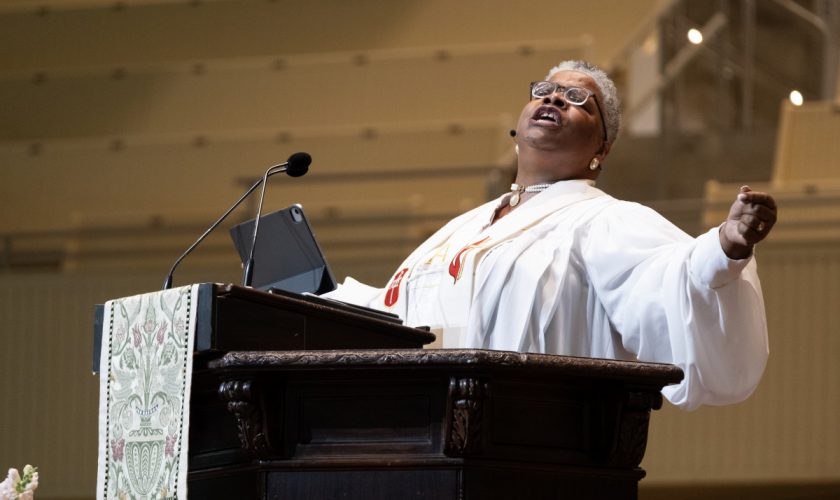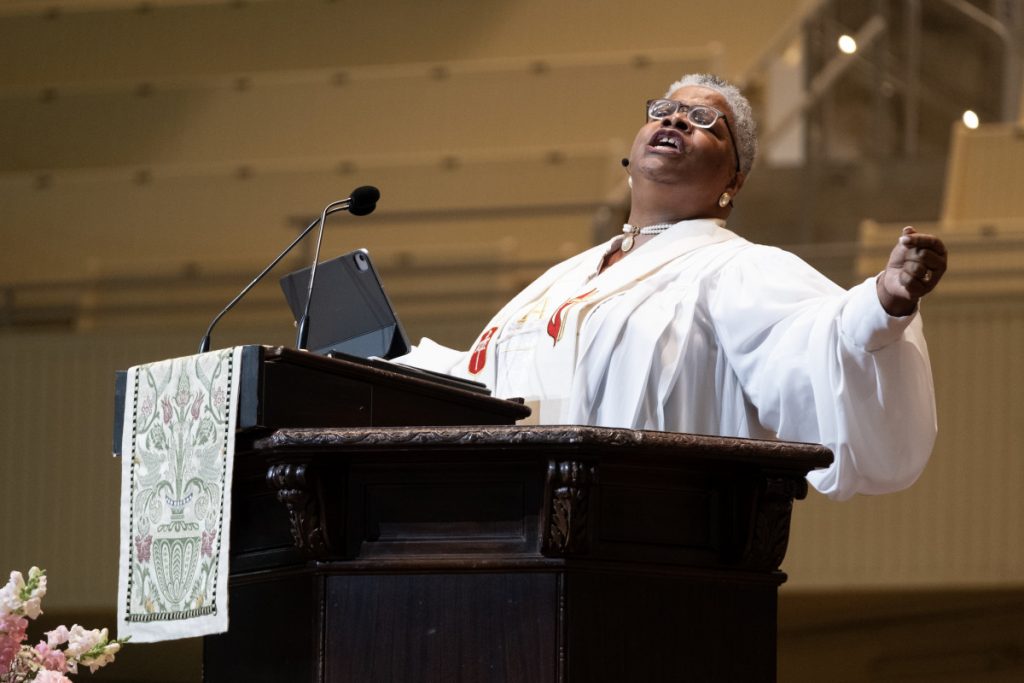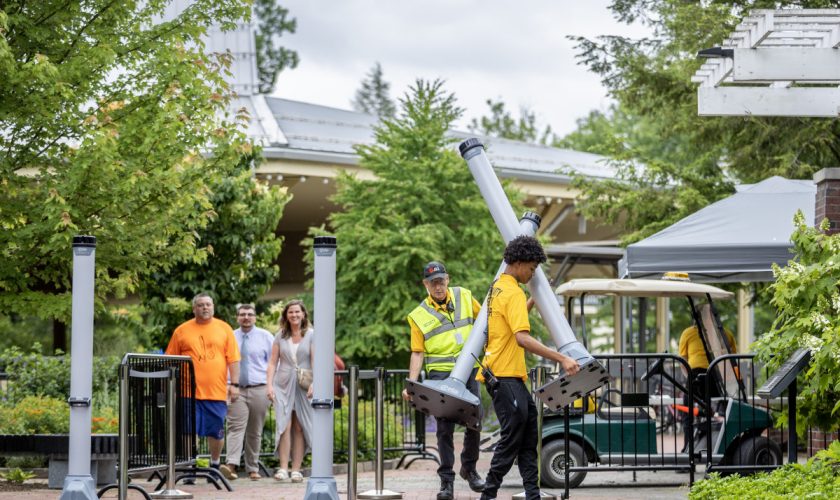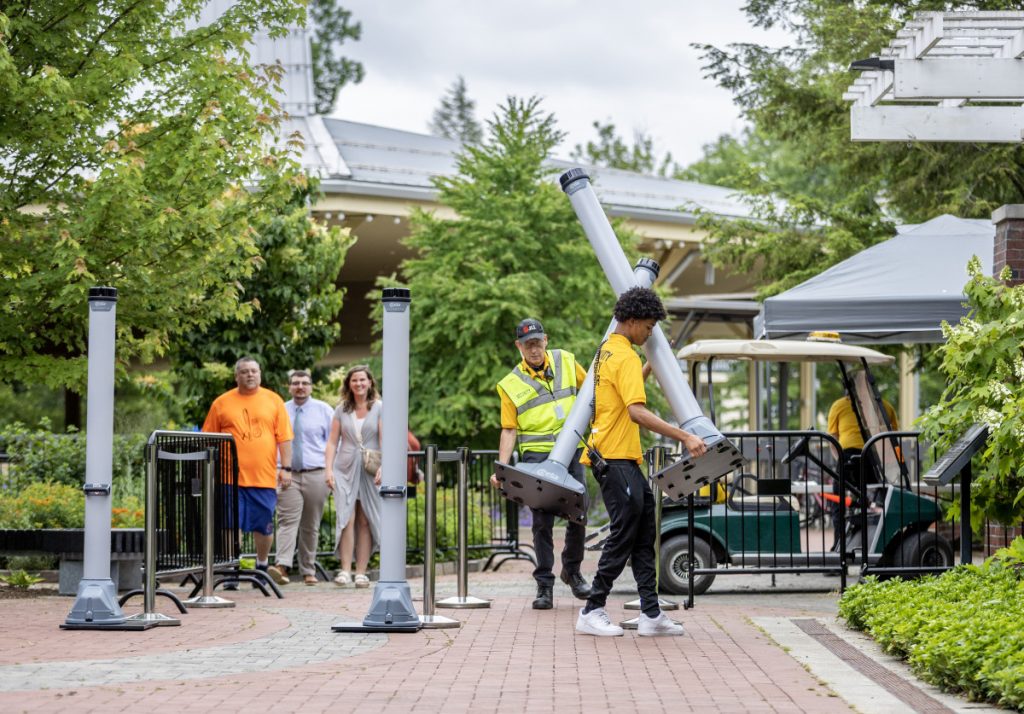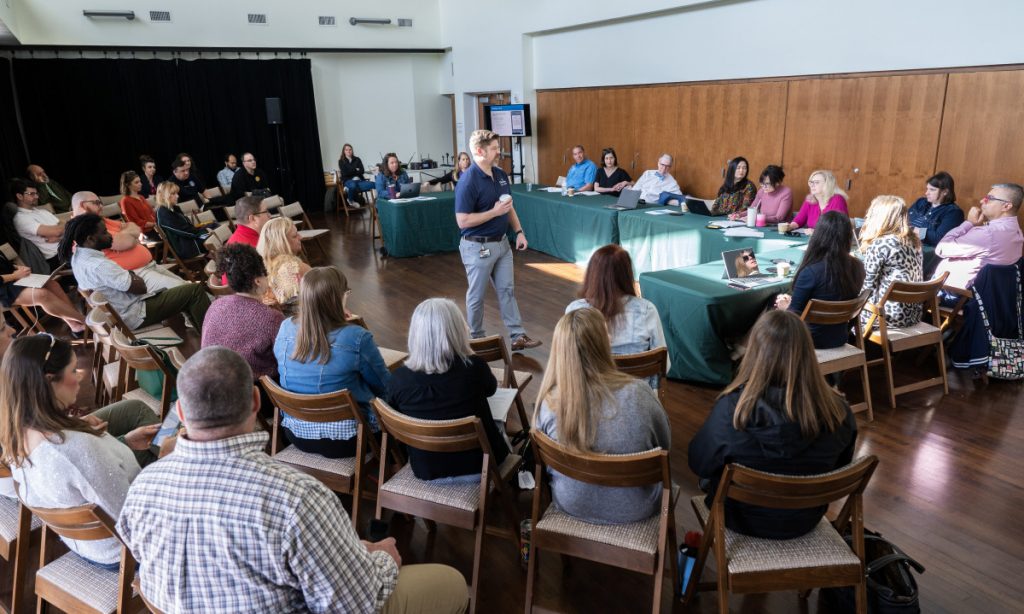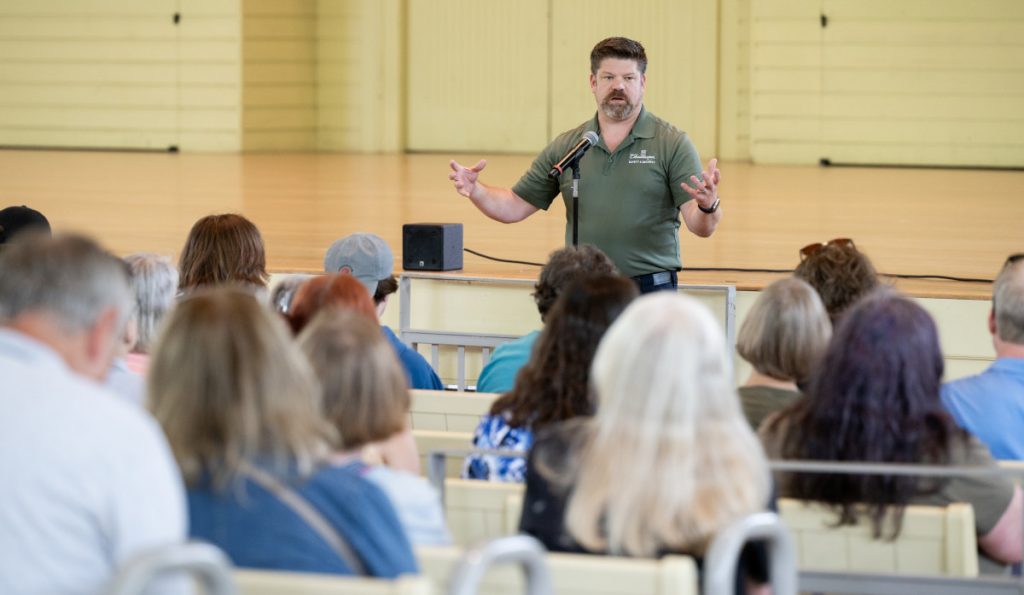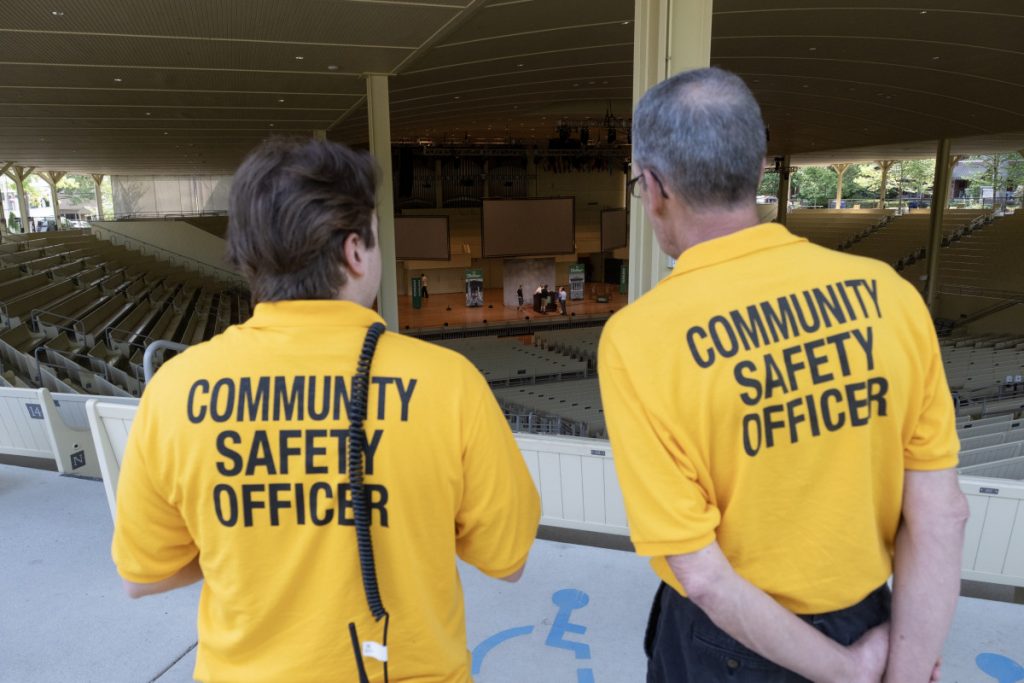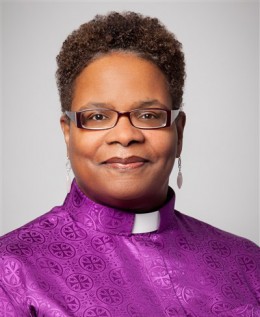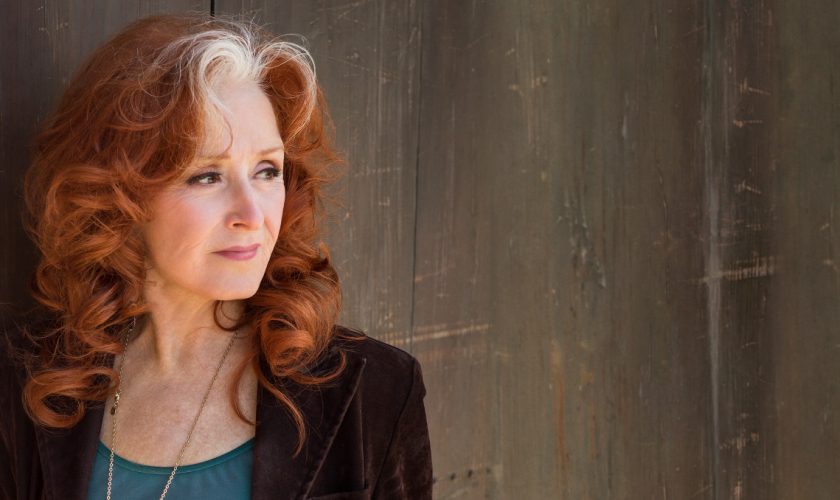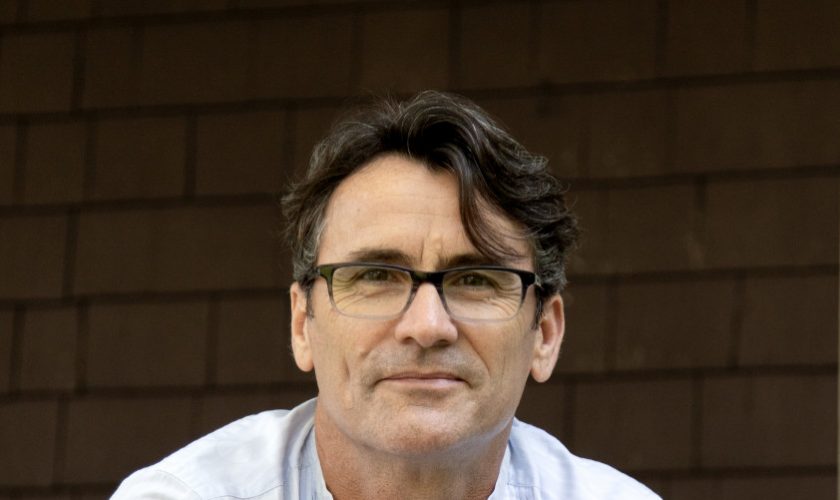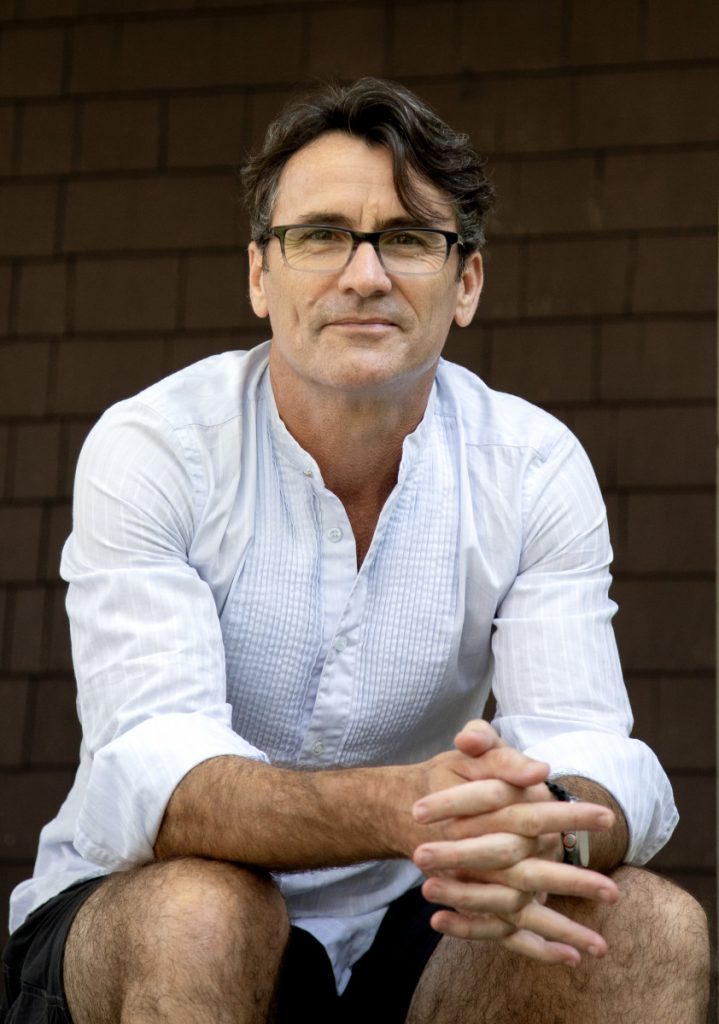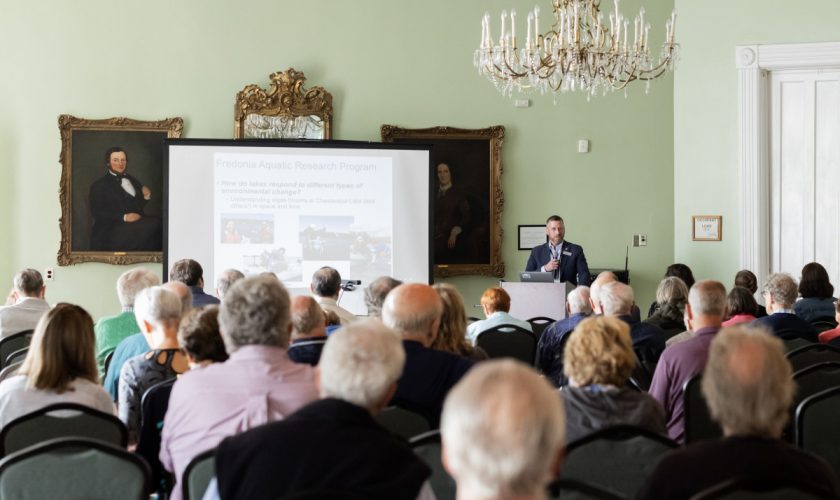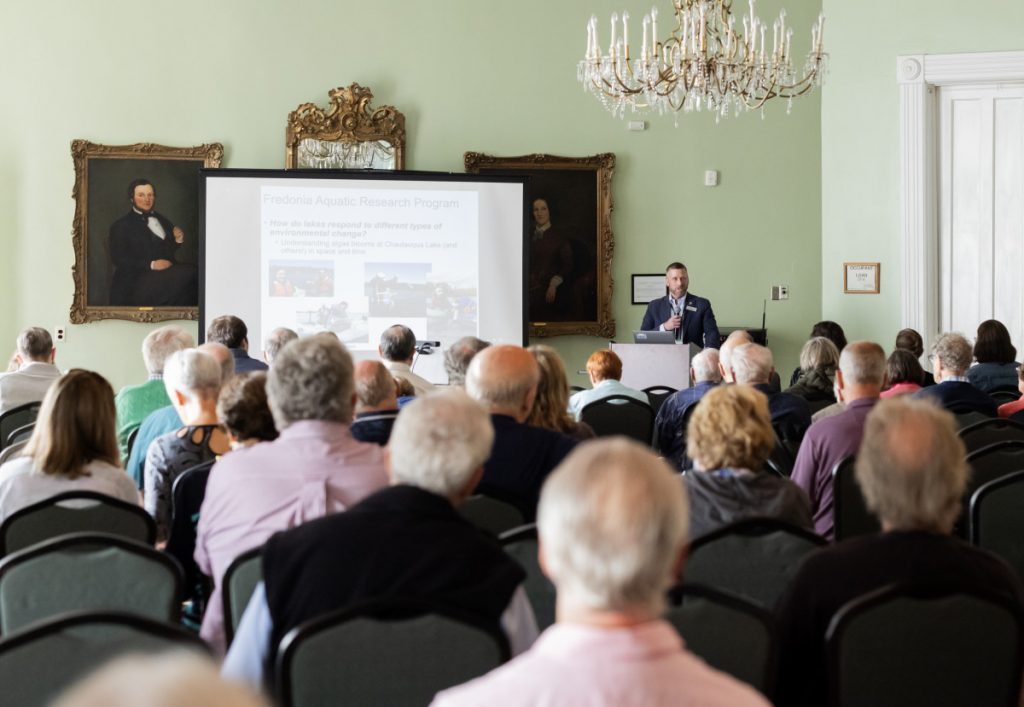Sarah Russo
Staff writer
Snarky Puppy is considered one of the major figures in the jazz world, but the group is anything but one thing.
Rather, Snarky Puppy is a collective, rotating as many as 25 members, that represents a multitude of diverse backgrounds including Japanese, Canadian, Puerto Rican. What started as a group of friends at the University of North Texas’ Jazz Studies program in 2004, has become a five-time Grammy Award winning and globally recognized band.
The group will make their Chautauqua Institution debut at 8:15 p.m. tonight in the Amphitheater. Currently, Snarky Puppy is on their world tour including stops in Belgium, Portugal, Italy, and France. Some members in the group include Micheal League on bass, Bill Laurance, Bobby Sparks II and Shaun Martin on keys, Justin Stanton on trumpet and keys, Bob Lanzetti, Mark Lettieri and Chris McQueen on guitar, and Nate Werth, Marcelo Woloski and Keita Ogawa on percussion.
Bassist, primary composer and creator of Snarky Puppy, Michael League, said the group is unclassifiable and it’s evident on their 14 studio albums where they’ve incorporated a jazz-funk-R&B fusion.
“People who have been with us after 16 years, the only thing they really want from us is to try new things,” League told the Rolling Stone in 2019. “That’s what they signed up for. If we had made three pop records after Culcha Vulcha, we would’ve lost all our fans. We have a history of jumping from one bizarre connection to another.”
And even though the group has received praise and awards for their past work, League said his creativity and work will continue to push the boundaries as a musician.
“Most people think that once you win Grammys you have to start appealing to more people and keeping the audience happy,” League said. “I feel the opposite. Once we started getting attention, it gave us license to do whatever we wanted, knowing people will give it a chance. I’d rather do what I want to do than do what people would like me to do.”
And the creative process for songwriting is relatively straightforward as League explained.
“Generally a song is conceived before it’s brought to rehearsal, at which point we realize the composition as the composer intended,” League said in an interview for It’s Psychedelic Baby Magazine in February. “Then the band begins to apply their own interpretation, at which point the music takes on a new identity. There always seems to be a group consensus that allows the band to collectively find its new clothes for a composition and it’s this diplomacy, lack of ego and openness of the individual members that enables the songs to bloom and take on a new life beyond what the composer may have originally intended.”
Not only has League created a successful, one-of-a-kind band, he is also the founder of GroundUP Music, a full-service label with a roster of artists that spanned continents and genres. Formed in 2011, GroundUp was created with the purpose to “create a supportive environment where ensembles, like Snarky Puppy and its members, could release their music.” There’s even an annual GroundUP Music Festival in Miami Beach, Florida, host to artists like Béla Fleck, Esperanza Spalding, Andrew Bird, The Wood Brothers, Terence Blanchard, Joshua Redman, Jacob Collier among many others. Now, members of Snarky Puppy have launched successful music careers of their own including Justin Stanton, Mark Lettieri, Bill Laurance, and Cory Henry.
Earlier this year, League and piano icon Bill Laurance released a duo album, ‘Where you Wish you Were.’ Where League is the bassist and band leader for Snarky Puppy, he takes on a very different role here. ‘Where you Wish you Were’ features League playing the oud and other acoustic string instruments. In an interview for It’s Psychedelic Baby Magazine, the duo explained their destined collaboration.
“It was only a matter of time before we’d make a record by ourselves,” Laurance told It’s Psychedelic Baby Magazine in February. “We’ve been close friends for 20 years now and we’ve worked together in so many different capacities – with Snarky Puppy, my own band, and in collaboration with other artists so it just felt like it was a natural thing to do.”


